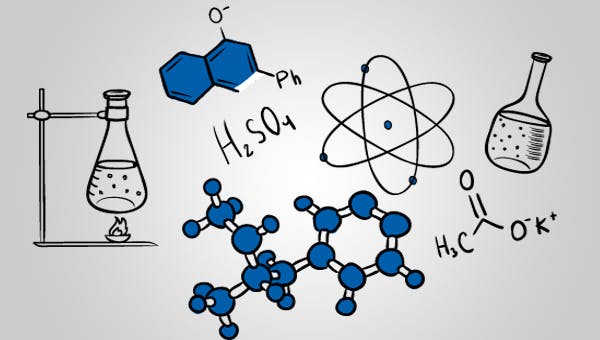NEET Chemistry Preparation Tips
A majority of students considers NEET Chemistry as the most scoring section. As per NEET Chemistry 2019 analysis, most of the questions were based on the NCERT syllabus. Therefore, to ace this section, along with a strong conceptual understanding, a thorough knowledge of the NCERT textbooks is a must.
Here are some insights into the exam as well as tips that can give an edge to your preparation plan.
MUST-DO CHAPTERS IN NEET CHEMISTRY
As per previous year trends, the following chapters have been contributing relatively more questions per chapter in NEET Chemistry section:

NEET CHEMISTRY PREPARATION TIPS
The NEET Chemistry is divided into Physical, Organic and Inorganic Chemistry.
- Physical Chemistry
Physical Chemistry is all about numerical problems and constitutes approximately 36% in the NEET Chemistry section. To solve these numerical problems, it is crucial to understand the concepts and their application. You’ll also find umpteen formulae and to remember them all, it is important to make a list and revise it daily. Additionally, practice more and more questions using the formulae to strengthen your preparation for Physical Chemistry.
- Organic Chemistry
Organic Chemistry constitutes approximately 28% in the NEET Chemistry section. To prepare for this section, a thorough knowledge of the NCERT textbook is a must. Understand and memorize all the equations, formulae, and reactions given in the NCERT textbook. In addition, learn the names of various reactions and compounds that constitute reagents, substrates, etc. A rigorous practice can help you crack the questions on Organic Chemistry.
- Inorganic Chemistry
Inorganic Chemistry constitutes approximately 36% in NEET Chemistry section and is considered memory based. To ace Inorganic Chemistry, a thorough knowledge of the NCERT textbook is a must. Pay attention to every topic in the NCERT textbook, understand all the justifications, memorize the exceptions and practise all the reactions.
KEY POINTS TO KEEP IN MIND
- Go through your NCERT textbooks thoroughly as most of the questions are based on it.
- Solve all the questions of NCERT Exemplar. Exemplar is especially developed keeping competitive exams in mind and has been a source of surprising questions.
- Practise questions from NEET Archive. It includes previous 10 years’ questions and is quite helpful in understanding the variation and difficulty level of questions.
- Solve Previous Years’ Question Papers to understand the exam pattern, difficulty level, types of questions asked. It will not only help evaluate your preparation level but also aid in quick revision of the entire syllabus.
- To improve your speed and accuracy, attempt at least one Mock Test daily from 2 pm to 5 pm as scheduled for the NEET 2020 exam. This will also enhance your time management skills by adjusting your body clock to that of the exam time.
- For an optimum performance in NEET Chemistry section, set aside 40-50 minutes irrespective of the difficulty level of the NEET question paper.
- Refer to your Aakash Study Material to give your preparation an edge.
IMPORTANT BOOKS
- NCERT textbooks Class XI & XII
- NCERT Exemplar (available on ncert.nic.in under ‘Publications’)
- Dinesh Objective Chemistry for NEET
- Arihant NEET Preparatory Series Objective Chemistry by Dr. R K Gupta
- Pradeep’s Objective Chemistry Vol I & II





